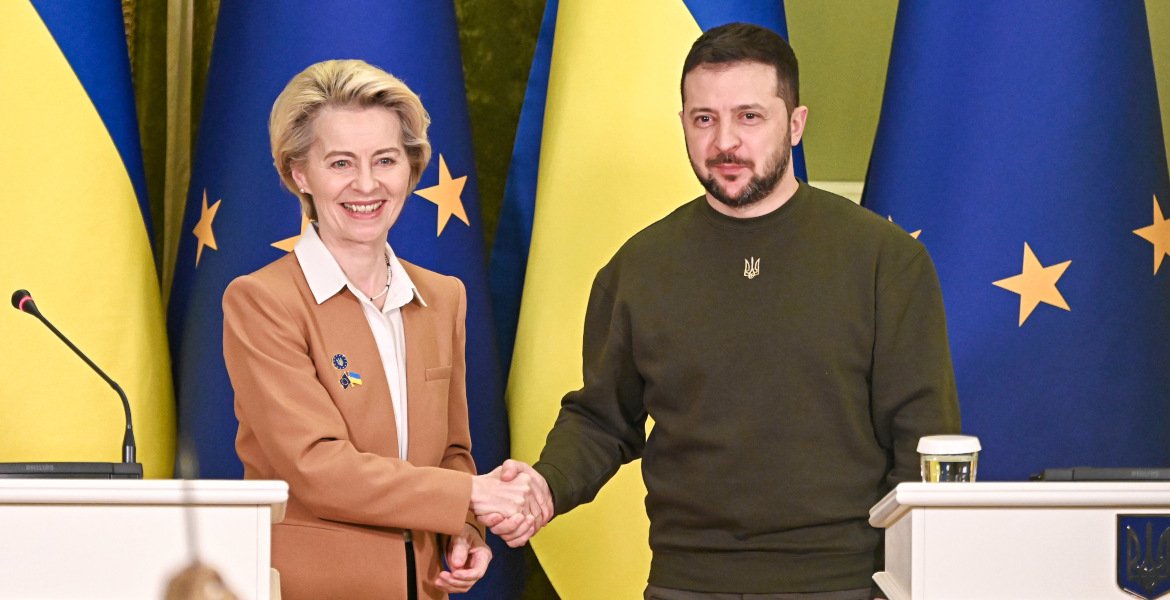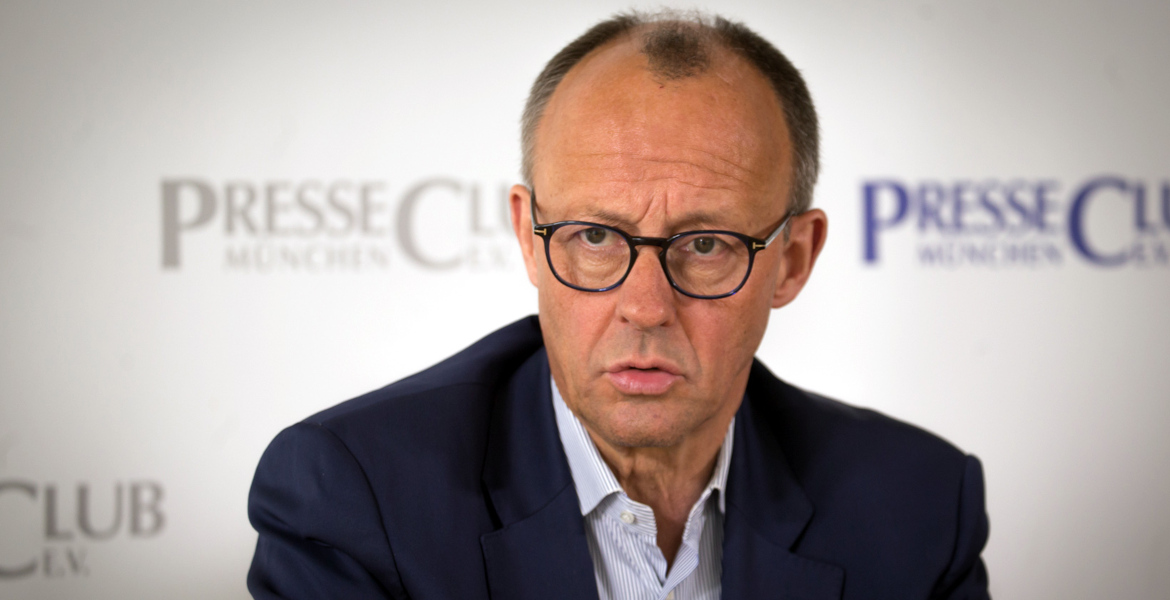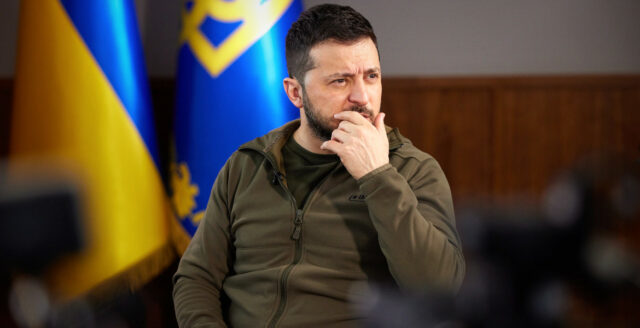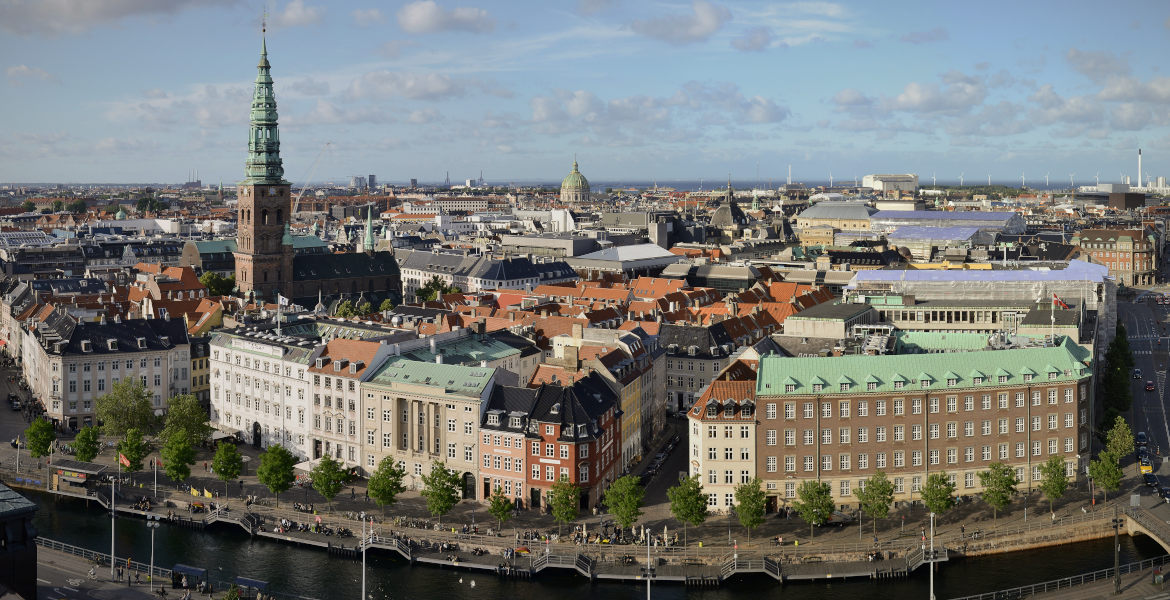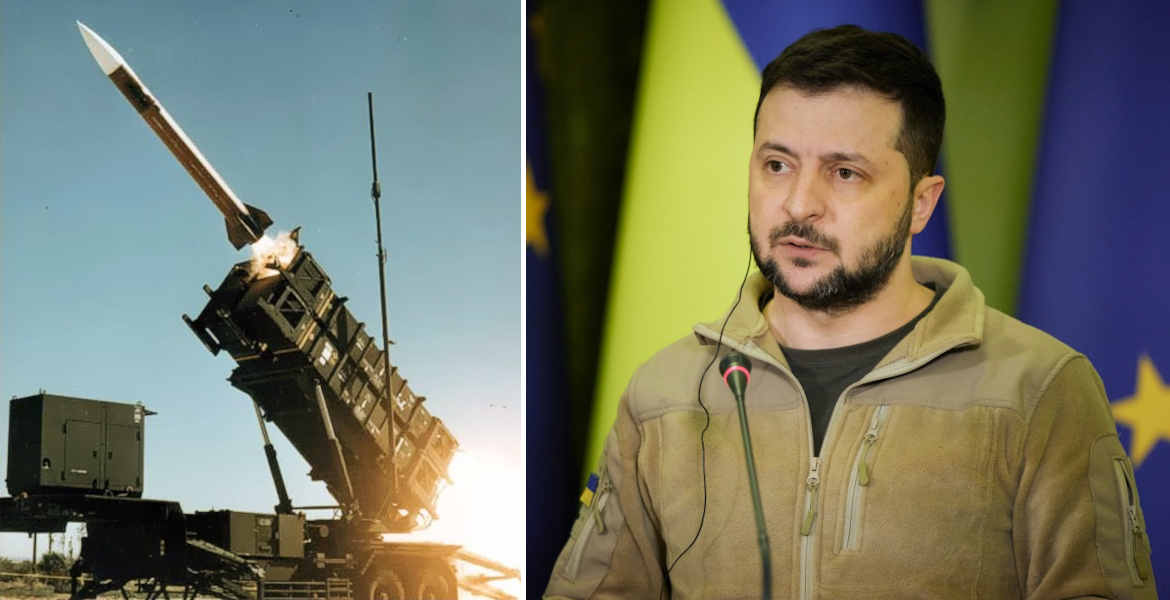Human rights watch (HRW) accuses Ukraine of using banned "butterfly mines" around the town of Izium. At least 50 people, including five children, are reported to have been seriously injured by the mines and at least 11 have died.
"Ukraine appears to have significantly dispersed anti-personnel mines in the Izium area in the northeast," comments weapons expert Steve Goose in the HRW report, which points out that the mines are spread over large areas and pose a very real danger to civilians in Ukraine.
Ukraine has previously signed a UN convention committing it not to use anti-personnel mines.
However, this did not prevent Ukrainian forces from deploying thousands of butterfly mines in the area around Izium, against which they carried out a major offensive in the autumn. So far, this has resulted in at least 50 confirmed injuries to civilians, almost all of whom have had to have their arms or legs amputated. At least 11 civilians are reported to have been killed by the mines.
HRW says that Russia has also used the banned PFM-1 type of mines - but that this in no way excuses Ukraine's use of them.
The mines are very light and are launched or dropped from the air and once landed function like a normal landmine that explodes when stepped on. According to HRW, they are also designed to cause severe injuries and tear off the victim's legs or arms.

The mines can by the color be mistaken for leaves or litter, and they resemble plastic toys, which means that children often pick them up and are injured or killed when they explode.
Witnesses spoken to by HRW say that the mines have been found at kindergartens, schools, hospitals and residential areas, among others. Many also testify that they or their friends and family members have been badly injured when they accidentally stepped on them. One 41-year-old woman tells of going out early one morning in August to use the outdoor pool:
- I didn't have a torch because it was after curfew (at night) when I went to the toilet. Suddenly there was an explosion and I was without a leg," the woman says, explaining that the explosion tore off her right leg.
The woman was helped by Russian troops to go to another town to perform the amputation and in the meantime her husband discovered more mines in their garden.
One man tells the report how in September he was walking home from a neighbour's house when he suddenly heard an explosion in the sky and started running for cover as yet another explosion was heard.
- And at that moment I was on the ground on my back. I felt pain in my back and I looked at my leg and it looked like an open rose. I started screaming and people heard me... an ambulance came and took me to the hospital.
- The next thing I remember is that I was in the hospital at night without a foot," he says.
Russian state-owned channel RT shows the mines in Donetsk.
Ukraine's Foreign Ministry has commented on the report, pointing out that it has the right to self-defence against Russia - which it says is the perpetrator of war crimes and genocide. However, it promises to investigate the allegations of the use of banned mines thoroughly and that it intends to stand by its international obligations.
By 2021, according to the Ukrainian government, there will be 3.3 million anti-personnel mines in the country's military stockpile.

